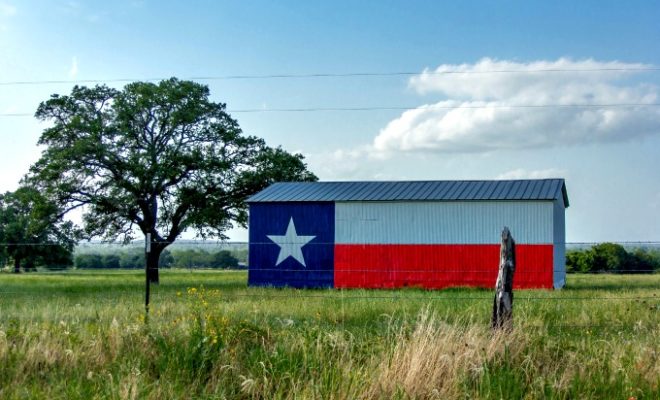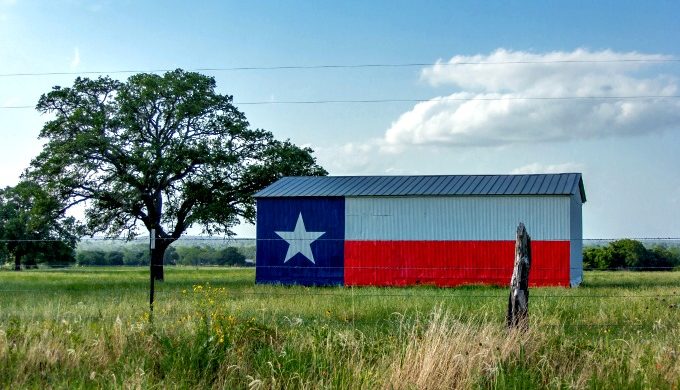Texas is (apparently) the place to be these days. Recent data, released by the U.S. Census Bureau, showed that 399,734 people became Texans in 2017. More than half of the new Texans were newborn babies. The rest were people moving to Texas. The report also showed that the total population of Texas reached 28.3 million people between July 2016 and July 2017, continuing steady growth.
According to the Texas Tribune, the state’s overall booming population could also come with notable political implications. Political and demographic experts are already predicting that Texas will pick up additional congressional seats after the 2020 census.
Why Are People Moving To Texas?
Photo: Flickr/Mike Rastiello
For starters, there are jobs here. The oil industry might have taken a hit from falling crude prices, but the Texas economy has proven resilient, providing jobs for residents. And, speaking of jobs, there are only seven states in our country without an income tax, Texas among them. (Alaska, Florida, Nevada, South Dakota, Washington and Wyoming round out the list.) Also, the cost of living in Texas is cheaper than average, when comparing housing prices. The average price to rent a studio apartment in Texas comes in about $48 below the national average, according to SmartAsset.com
Jobs, Renewable Resources, and Natural Beauty
Photo: Flickr/CopperCatStudios
The oil industry aside, and thanks to Competitive Renewable Energy Zones (CREZ) and $33 billion in invested capital, Texas also ranks first in the nation for installed wind capacity and the number of megawatts generated by wind. In 2015, close to 10 percent of the state’s electricity production came from wind, according to the American Wind Energy Association. With an estimated 17,000 Texans already employed in the state’s wind energy industry, Texas is in the process of installing an additional 5,200 megawatts.
It’s not just people moving to Texas, though. Companies are as well—specifically tech companies, and, to get even more specific, Silicon Valley tech companies. The San Francisco Chronicle reports that, in recent years, more than $1 billion in taxable income has flowed from the California Bay Area to Texas, as tech firms have sought not just lower taxes but also simpler regulation.




